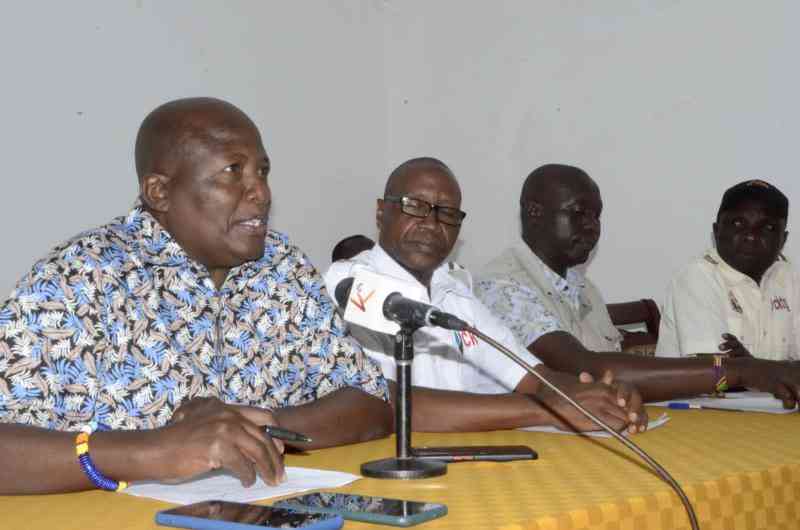×
The Standard e-Paper
Smart Minds Choose Us

Tour guides across the country have asked Narok County Government to reconsider a proposal to reduce Maasai Mara National Reserve entry ticket validity from 24 hours to 12 hours. According to the Confederation of Kenya Tourist Guides (CKTG), the proposal in the county's Finance Bill, 2023 is unacceptable and not value for money and will see the county lose millions in park entry fees.
Normally, tour operators pay for tourists' entry fees and give tour guides money to pay for park entry.